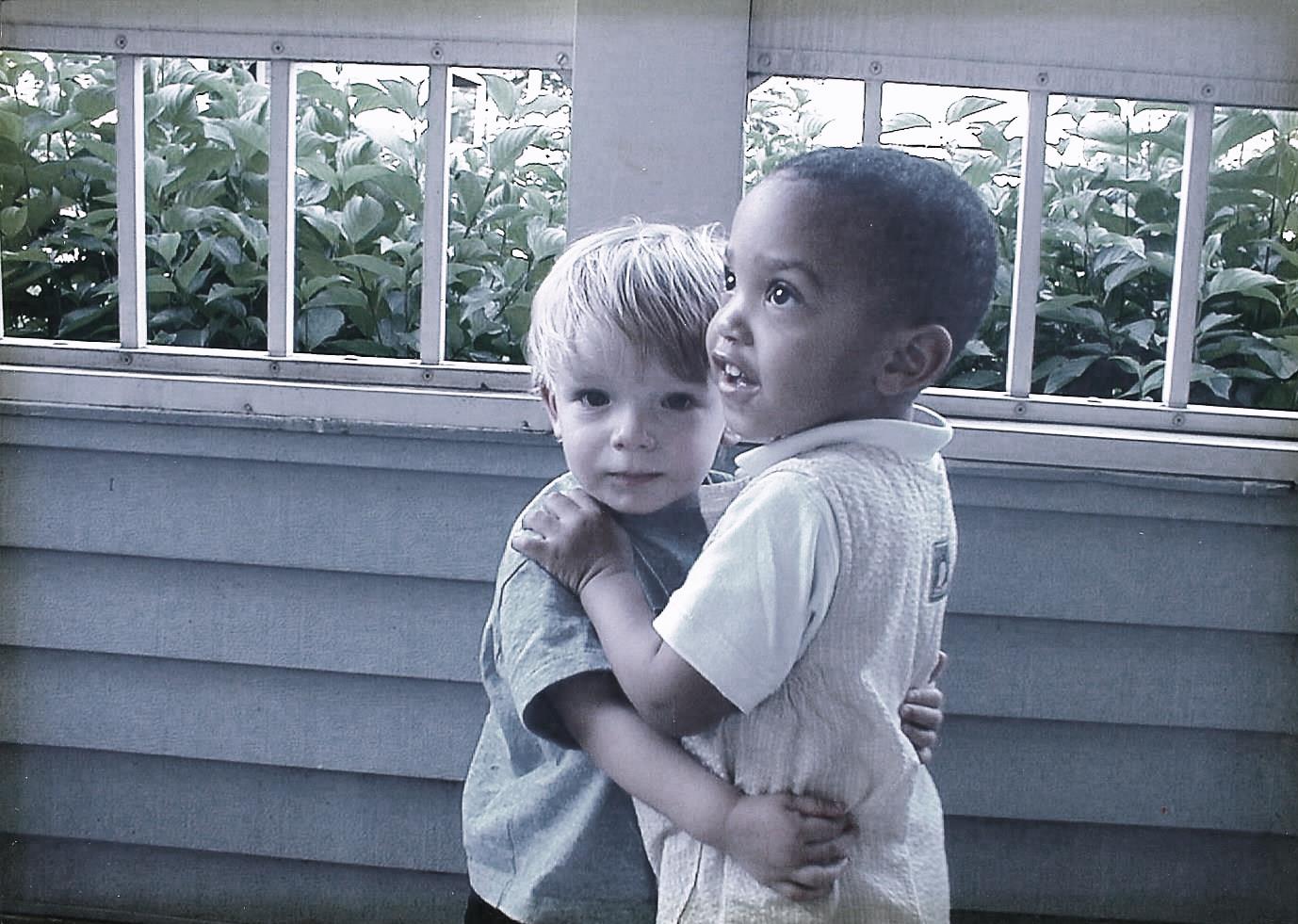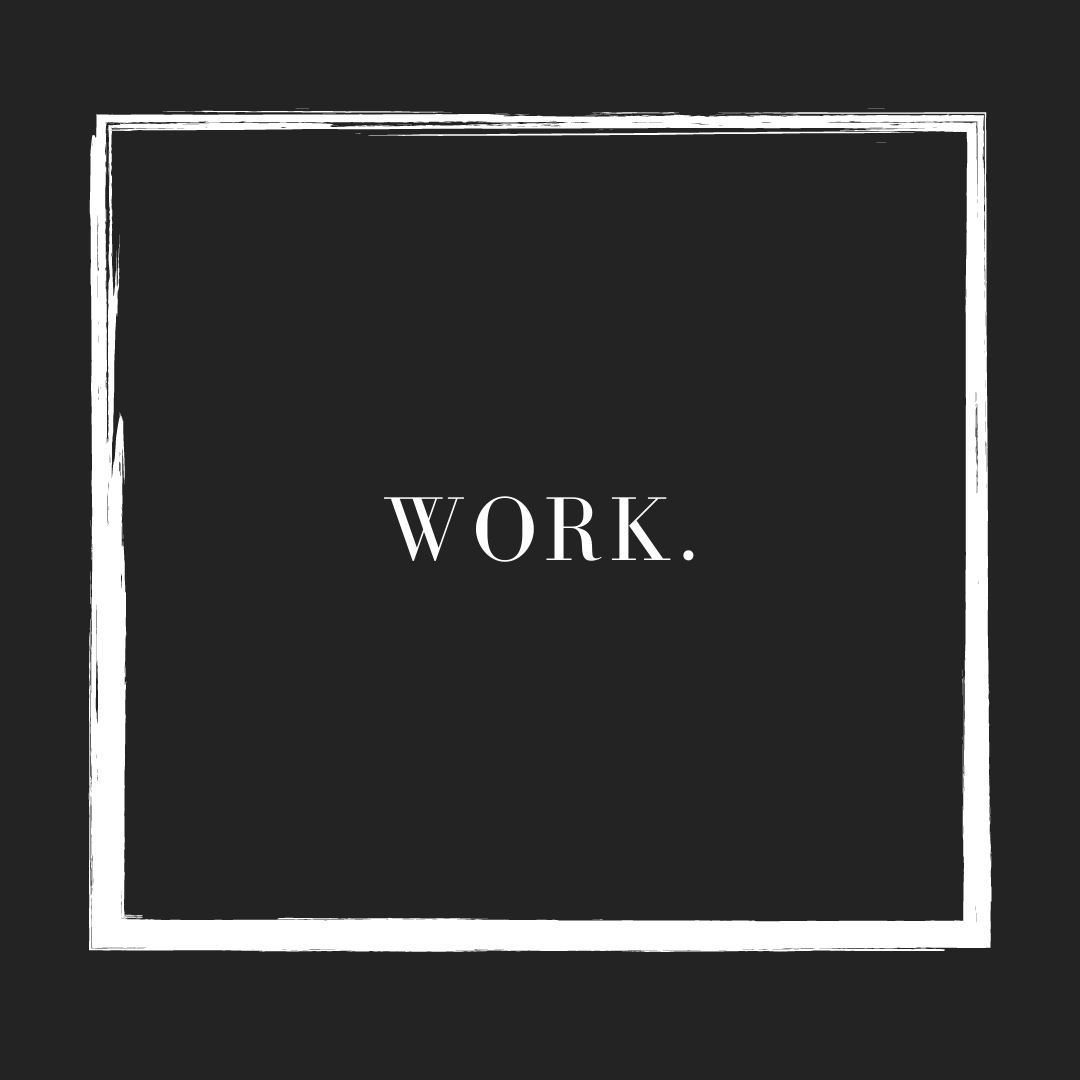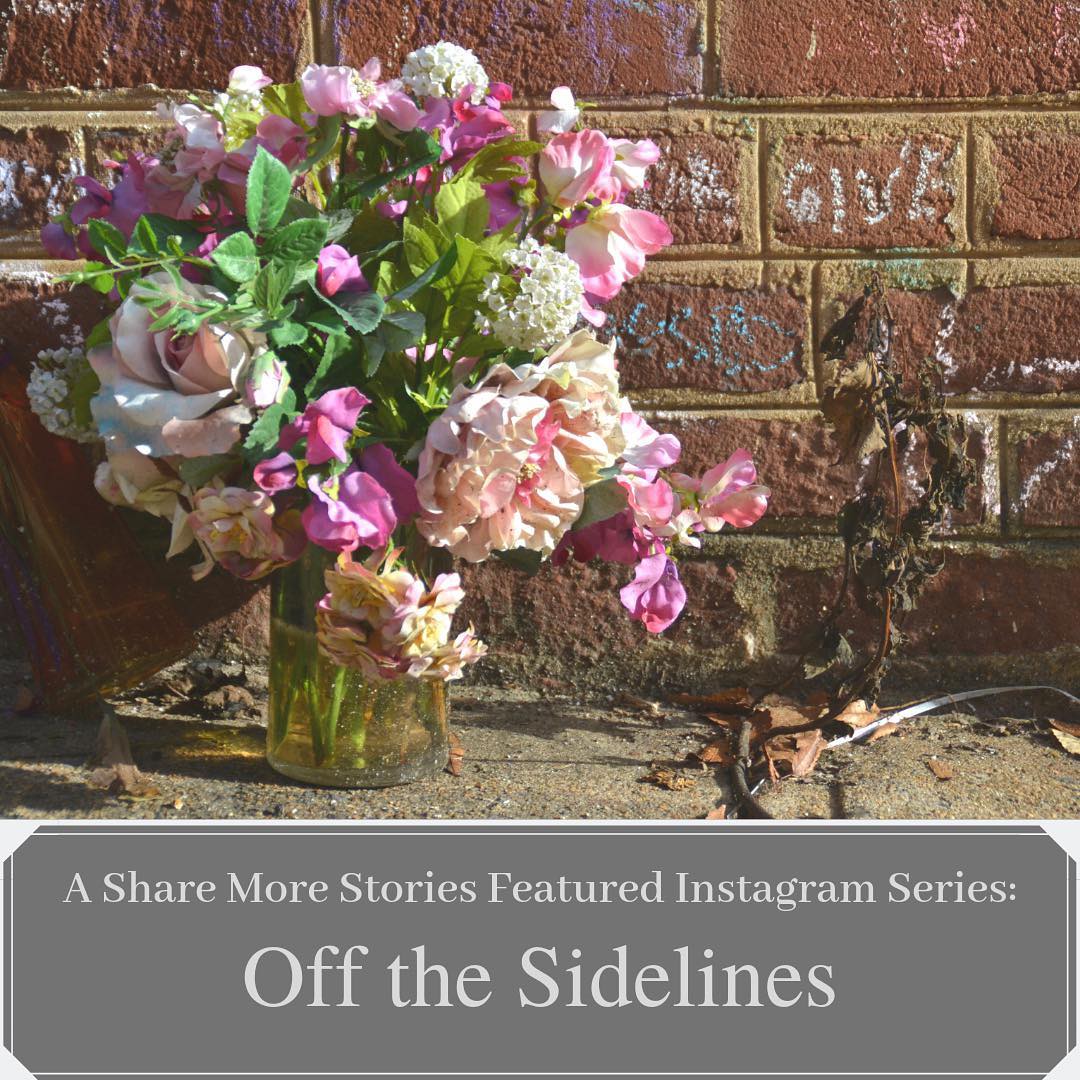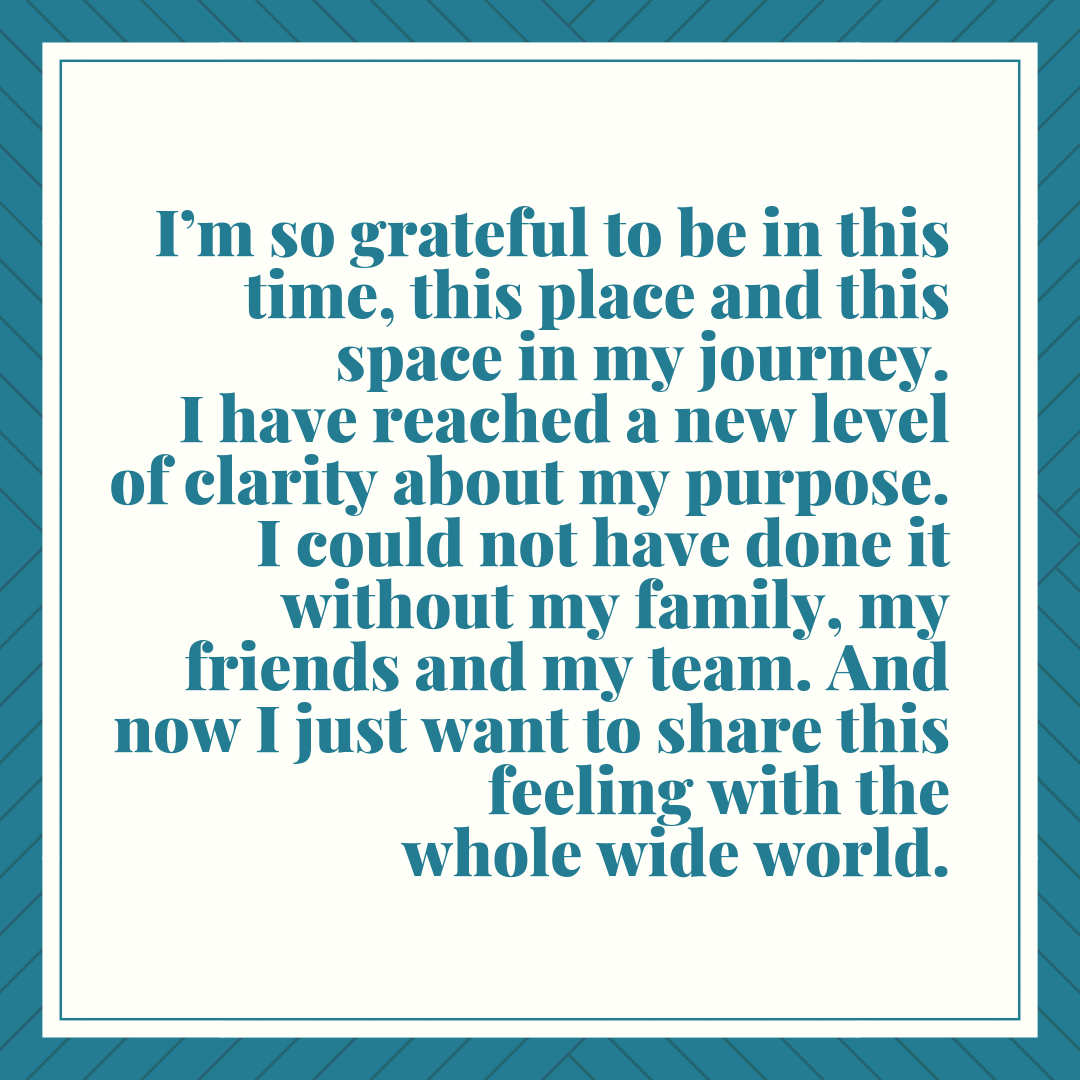Loving and Learning Across Racial Lines: My Response to Ferguson

My heart was saddened last night, mainly because of how I saw reactions emerge and words fly. My friends, we have a long, long way to go. We need to love individually and learn collectively. That is how we prevent more of this, from all perspectives. As humans, we must ask ourselves why it is so easy for us to form our opinions and make our judgments of each other based on the color of our skin. Before you object, please think it through. Because we all do it. I believe that happened in Ferguson (that is my opinion), and I believe it’s happening again now in how many of us of all races and ethnicities react to the grand jury decision and talk about it.
Based on what I have read and seen so far, please consider my suggested list of do’s and don’ts for people of all backgrounds, as each of us grapples with what happened, searches for an honest-enough truth, and works to make life better for our families. I am not the authority here, I am simply trying to make sense of all the things I’ve read and seen on my newsfeed. And please read it through to the end before you decide to stop reading. Part of the problem we’re experiencing here is that we struggle to listen to different voices and validate each other’s feelings even when we disagree with each other’s opinions. (If you’ve ever been in any kind of close human relationship, like, say, marriage, you know what I’m talking about.) So this is what I deem to be OK, in my book. Your book is likely different. So let’s exchange ideas in the spirit of reasonableness, reconciliation and healing.
Even more, let’s turn this into a broader discussion and narrative. I want to hear your stories and your experiences. What are your questions and concerns? What are our lessons and how do we move forward?
MY “OK/NOT OK” LIST
- Understanding that fear almost always results in the use of more force than necessary, whether individually, collectively or internationally – OK.
- Saying if he didn’t want to get shot, he shouldn’t have broken the law – not OK.
- Realizing that fear is not always a good excuse for actions – individually, collectively or internationally – OK.
- Avoiding topics of personal accountability – not OK.
- Helping police officers of largely one race better understand the citizens of largely another race whom they protect and serve (as is the case in Ferguson) – OK.
- Assuming all white cops are racists – not OK.
- Working to prevent the next shooting of an unarmed teenager (of any race) – OK.
- Rioting and destroying your neighbors’ property – not OK.
- Working to prevent violence against each other – OK.
- Assuming most young black men pose a threat – not OK.
- Seeking to understand the “big picture,” even in tragedy – OK.
- Seeing most of my black friends fall into one group and most of my white friends fall into a different group as it relates to this issue – not OK.
- Individually helping people of color understand that while there are plenty of examples of institutionalized racism still in existence, every white person they know is not a racist-in-waiting – OK.
- Having our innocent young black and white boys turn into grown black and white men who feel threatened by each other – not OK.
- Individually helping white people understand that some of the things they unintentionally say and do come across like discriminatory behavior to many black people – OK.
- Having to explain to young black men why their petty crimes might be life-threatening decisions, while those same petty crimes committed by young white men do not appear to be treated with the same degree of armed precaution – not OK.
- Asking questions of one another, especially someone who’s perspective you don’t normally seek out – OK.
- Letting the far right and the far left media inflame us with images and words that we should realize provide very narrow views into what is and is not happening – not OK.
- Understanding that our words matter, and that having the right to an opinion doesn’t absolve us of the responsibility for the impact of our words on others – OK.
- Letting Ted Nugent and Al Sharpton speak for you (they’re really two sides of the same coin, you know) instead of asking yourself what you really feel and leading with that – not OK.
- Talking about black on black crimes as a way to deflect – not OK.
- Trying to understand, beyond the surface level of primetime new analysis, why it doesn’t take much for us to retreat to our racially-painted corners and come out swinging – OK.
- Seeking collective justification and vindication through individual verdicts – not OK.
- Helping the “majority” understand what it feels like to be in the minority, in a constructive way – OK.
- Being a passive participant now and then complaining later – not OK.
- Realizing our internal issues of racial and cultural conflict are directly tied to how we show up in the world – OK.
- Taking the easier path towards destruction, rather than the more difficult path of progress, together – Not OK.
- Praying for peace – OK.
- Criticizing the peace-speakers for being soft, ignorant or traitorous – not OK.
- Getting our children of all races to play together TODAY – OK.
As it relates to #30, the photo is one I took 14 or 15 years ago of my son playing with the son of one of my best friends. It seems relevant here.






